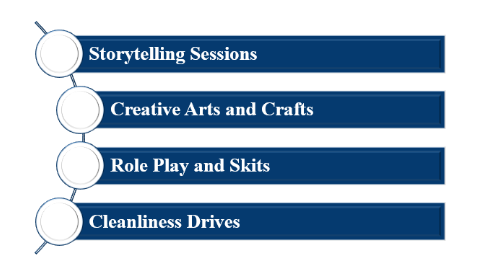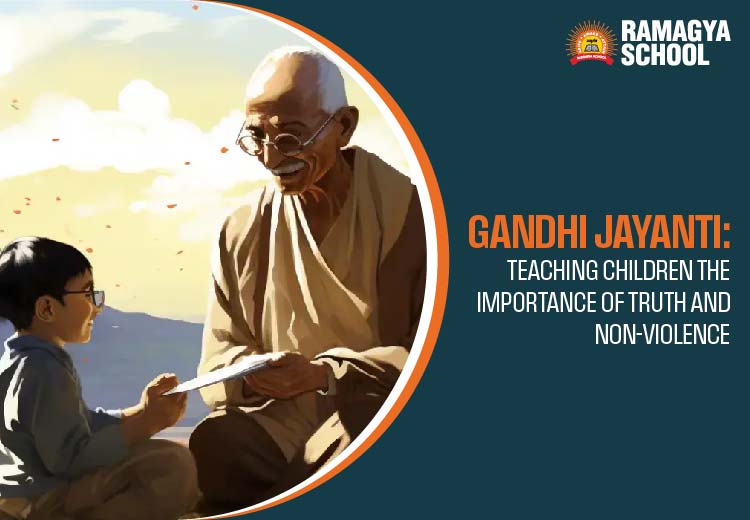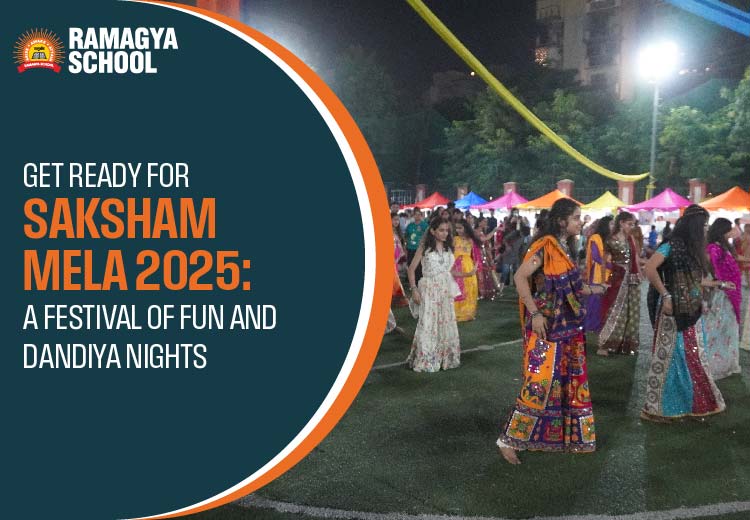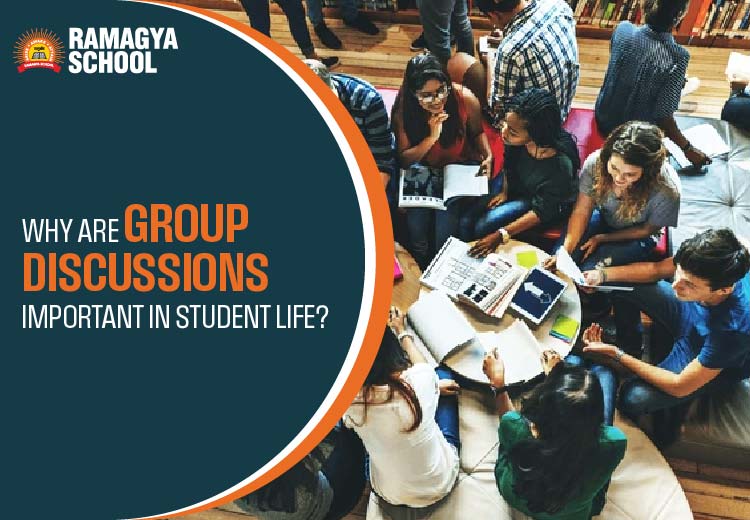Every year, on Gandhi Jayanti, we remember Mahatma Gandhi, a man whose life was a perfect example of truth, kindness, and peace. This day is about an opportunity to teach children important life lessons and values. Children learn how honesty, kindness, patience, and respect for others can shape them into responsible and caring individuals. They also learn the importance of keeping their surroundings clean, healthy, and safe.
Mahatma Gandhi, who was born on the 2nd of October 1869, is a famous figure for his ideas that were based on the principles of satya (truth), ahimsa (non-violence), and swaraj (self-rule). These principles became the core guidelines of India’s Independence Movement. His method of peaceful resistance, called Satyagraha, inspired millions in India and around the world. Even today, his lessons help children and adults live honest and peaceful lives.
Also Read – Dussehra: How the Festival Inspires Goodness and Courage
Why Gandhi Jayanti Is Important for Children
The importance of Gandhi Jayanti lies in teaching children lessons they can use every day. The ability to be trustworthy, kind and peaceful can help children to face their challenges with confidence and make good decisions. Schools celebrate this day with stories, activities, and discussions that make Gandhi’s teachings simple, relatable, and inspiring for young minds
One of the most important movements inspired by Gandhi’s vision is the Swachh Bharat Abhiyan, launched on Gandhi Jayanti in 2014 by Honourable Prime Minister Shri Narendra Modi. This cleanliness campaign teaches everyone to keep India clean. Children also learn that small things, like keeping their classroom, home, and surroundings tidy, make the world better, just like Gandhi ji dreamed of.
How Ramagya School Teaches Gandhi’s Values
At Ramagya School, the top school in Noida, children join storytelling sessions, discussions, and creative activities to learn about Gandhi’s life, his role in India’s struggle for independence, and his teachings.
During India’s fight for freedom, Gandhi led many movements to peacefully challenge British rule such as:
- Non-Cooperation Movement (1920–1922) – Urged Indians to boycott British goods, schools, and institutions.
- Salt March / Civil Disobedience Movement (1930) – Protested the salt tax by making salt from the sea.
- Quit India Movement (1942) – Demanded an immediate end to British rule in India.
- Champaran and Kheda Satyagraha (1917–1918) – Fought for farmers’ rights against unfair taxes and policies.
- Swadeshi Movement (part of Non-Cooperation) – Promoted use of Indian-made goods and self-reliance.
At Ramagya School, we go beyond teaching history. Through such celebrations, Ramagya School not only educates but also nurtures responsible, compassionate, and socially aware citizens of tomorrow.
As part of the Swachh Bharat Abhiyan activities, students also learn that caring for the environment is a part of living a good life. By following Gandhi’s teachings in small ways like helping a friend, picking up litter, or speaking kindly, children see how even little actions can make a big difference.
Fun and Engaging Activities for Children

- Storytelling Sessions: Children are told simple stories about the life of Gandhi such as his devotion to non-violence and truth.
- Creative Arts and Crafts: Kids make posters and sketches on Gandhi or Swachh Bharat, connecting creativity with moral values.
- Role Play and Skits: Acting out events from Gandhi’s life helps children understand patience, honesty, and kindness.
- Cleanliness Drives: Children participate in small cleaning activities at school, learning the importance of hygiene and public responsibility.
These activities make Gandhi’s lessons easy to understand and apply in everyday life.
Why Teaching Gandhi’s Values Matters
Children face many challenges as they grow, and such motivational figures help them understand the world better. They learn to stay calm with problems, respect others, and help make the world clean and healthy.
The top school in Noida helps children learn not just lessons from books but also important life values. Learning Gandhi’s ideas helps them grow into kind, confident, and caring people who can make a positive difference in their homes, school, and community.
Final Thoughts
Gandhi Jayanti is an important day to remind children that small actions guided by truth, kindness, and care can create a better world. At Ramagya School, the top school in Noida, we follow Mahatma Gandhi’s footsteps by encouraging children to practice honesty, non-violence, and cleanliness every day.
From storytelling and creative activities to participating in small cleaning drives, children experience Gandhi’s values in a warm, friendly, and inspiring environment. With these experiences, children learn that every good deed, every honest word and every effort to keep their areas clean can bring the world to life, just as Gandhi imagined.
FAQs
Q1: What does Gandhi Jayanti teach children?
It teaches children to be truthful, kind, peaceful, and clean.
Q2: How can children practice non-violence at school?
By speaking politely, helping friends, and solving problems calmly.
Q3: What is the Swachh Bharat Abhiyan?
It is a country-wide cleanliness campaign inspired by Gandhi, asking everyone to keep their surroundings clean.
Q4: Can young children understand Gandhi’s teachings?
Yes, even young children can learn about honesty and caring for others through stories, games, and activities.
Q5: How can children practice cleanliness at home?
By keeping their room tidy, throwing trash in the bin, and helping with small chores.




